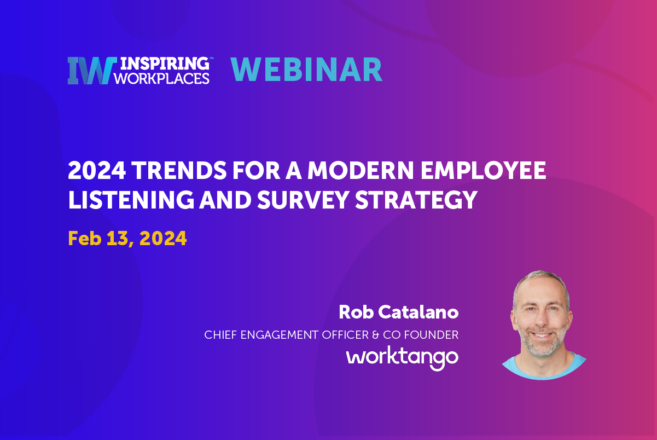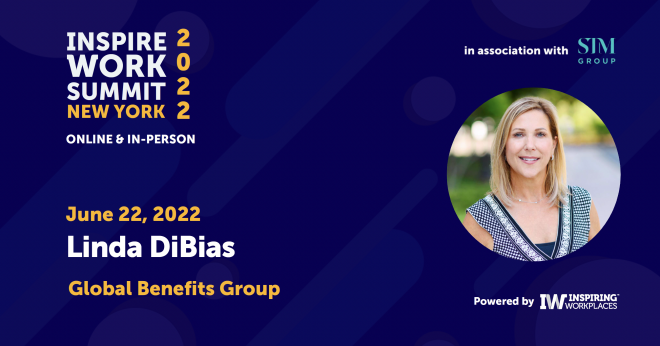
01st October 2024
The World’s Most Comprehensive Ongoing Study on Employee Experience

Gallup’s ongoing meta-analysis of employee engagement, covering 183,806 business units globally, reveals that the quality of management explains 70% of the variance in team engagement. Engaged teams show higher profitability, retention, productivity, and customer loyalty. The study highlights how improving management practices can significantly enhance business performance and resilience during challenging times.
This article was written by Jim Harter and published in Gallup Workplace.
“It’s the manager, stupid.”
In a1998 article with this title, The Economist wrote, “It is an article of faith among management gurus that good management is largely the preserve of ‘great’ or ‘excellent’ companies that are marked out by their unique corporate cultures … Now doubt has been cast on the idea of great companies by an enormous statistical survey …”
The study was one of the first iterations of Gallup’s ongoing meta-analysis of workplace culture and business performance, which revealed significant variance in how employees experience work across teams within large companies, some of which were considered “great.” This variability in worker experiences was linked to those same teams’ performance and retention rates.
Over more than a quarter century since, that Gallup study has been updated and replicated 11 times, with some iterations published in top academic journals.
The original 1998 study included 2,528 business units and teams from 24 companies. It has since grown to 183,806 business units from 736 research studies. Overall, Gallup has surveyed 64 million employees on topics related to employee engagement and wellbeing, and conducts the only global representative sampling of employees, updated annually in its State of the Global Workplace report.
What Has Gallup Measured for the Past 25 Years?
Employee engagement is the involvement and enthusiasm employees have for their work and workplace. Gallup measures engagement through a composite of 12 workplace experiences, including role clarity, resource availability, recognition for good work, development on the job, opinions counting, connection to a mission or purpose, coworker relationships, and work progress. These 12 experiences, known as Gallup’s Q12, are linked to performance outcomes and are crucial at every stage of the employee life cycle, from pre-hire interactions and reputation to onboarding, performance management, career progress, and, finally, the exit experience. Gallup’s Q12 is a high-bar metric, and when organizations show improvement on it, they see tangible value and positive outcomes.
What Still Holds True Today?
The variability in employee engagement within teams at a given company is nearly as great as the variability in employee engagement for teams across all companies. The differentiating factor in this variability is the quality of management, which explains 70% of the variance in team engagement. Team employee engagement consistently relates to performance outcomes such as customer ratings of service, productivity, employee retention, safety and profitability across industries and geographies.
In Gallup’s most recent study, top-quartile business units achieved 23% higher profit than bottom-quartile units. This is largely driven by those same units experiencing less absenteeism, lower turnover, less shrinkage or theft, fewer safety incidents, fewer defects or errors, and higher customer loyalty and productivity. The more highly engaged business units also had higher employee wellbeing and greater involvement in organizational initiatives, often referred to as organizational citizenship.
In addition to Gallup’s findings, numerous academic studies and papers using different data sources and from different investigators have further supported the original Gallup findings.1
Why Is Meta-Analysis Important?
Meta-analysis is a statistical method used to combine results from multiple studies to draw stronger conclusions than any single study can provide. A unique feature of meta-analysis is the ability to test whether the relationship between, in this case, employee engagement and performance is consistent across companies, industries, geographies and time.
Most leaders want to know the likely return on investment for applying any management initiative. For them, meta-analysis can project the financial net gain in an investment.
Several recent published studies have reported relationships between crowd-sourced employee opinion data and organizational financial performance. Crowd-sourced data tend to be less representative of an organization’s employee opinions. Gallup’s meta-analysis uses census data for each organization, averaging response rates of over 80%. This provides more precise estimates of organizational culture across business units and teams inside organizations, which can then be compared with those same teams’ performance and retention rates. This type of reporting and analytics is significantly compromised with incomplete crowd-sourced data.
Read the article in full here: World’s Largest Ongoing Study of the Employee Experience







